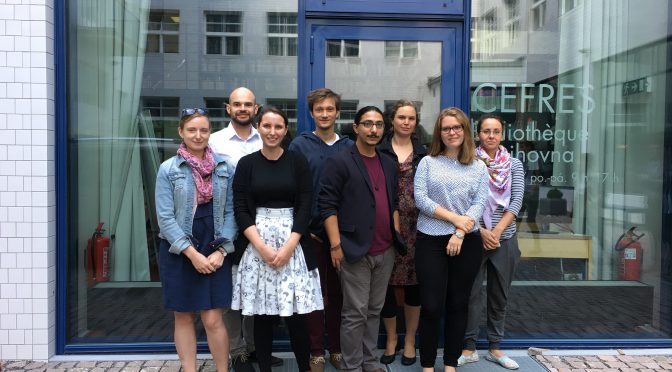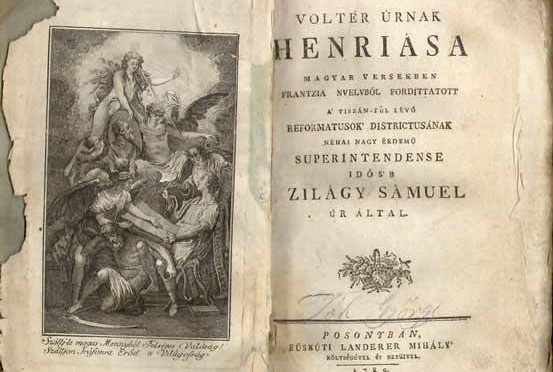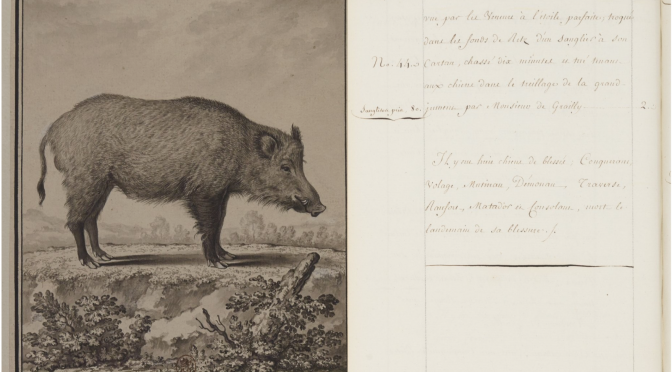Gellner Seminar
Nafsika Papacharalampous (School of Oriental and African Studies, University of London, UK) will give a lecture within the Gellner seminar organized by the Czech Association for Social Anthropology (CASA– Česká Asociace pro Sociální Antropologii), the Czech Society of Sociology, in cooperation with the Institute of Ethnology of the Czech Academy of Sciences and CEFRES.
When: 19 November, at 5 pm
Where: CEFRES Library (Na Florenci 3, Prague 1)
Language: English
Abstract
Cooking inner darkness and making kin: Behind the staff only doors
This paper follows the lives of the chefs and cooks within the boundaries of Athenian restaurant kitchens, offering an ethnographic sense of this professional context and environment of teamwork. Bringing Turner (1967a, 1995) and Goffman’s (1956) works together, this paper presents the often harsh realities of the cooks’ work settings and the chef’s behaviours.
The first part of the paper presents the division between the front and back of house in restaurants, engaging with Goffman’s work (1956) and situated in ethnographic narratives reveals the daily workings and lives of cooks. The second part of the paper observes and analyses the relationships of the cooks and the chef in the restaurant kitchen. Using Turner’s work on liminality (1967a, 1995) and Carsten (1995)’s work on kinship it explores the humiliation and abuse cooks experience from their chef, and the creation of communitas, and new formations and definitions of kinship. Within restaurant kitchens in Athens-in-crisis, the notion of teamwork comes to the fore and reveals how bonds are formed in a high-pressured environment.
References
Carsten, J., 1995. The Substance of Kinship and the Heat of the Hearth: Feeding, Personhood, and Relatedness among Malays in Pulau Langkawi. Am. Ethnol. 22, 223–241.
Goffman, E., 1956. The Presentation of Self in Everyday Life. University of Edinburgh, Edinburgh.
Turner, V., 1995. The Ritual Process: Structure and anti-structure. Transaction Publishers.
Turner, V., 1967. The Forest of Symbols, Aspects of Ndembu Ritual. Cornell University Press, Ithaca and London.
Nafsika Papacharalampous
Nafsika is currently a PhD candidate in Anthropology at the School of Oriental and African Studies. She is writing her dissertation on Greek traditional foods and markets, focusing on national identity, memory, terroir and heritage. Nafsika has a Master’s Degree in Anthropology of Food from SOAS and an MBA from the Athens University of Economics and Business. She has previously written a weekly column investigating the notion of Real Food for the London-based online food market Love Your Larder and has recently started cooking professionally for pop-up-restaurants in London. Nafsika is also the Recipe Editor for the SOAS Recipe Book and a food blogger at www.nafsikacooks.com, where she indulges her passion for both cooking and writing. She loves food history and has just started collecting old cookery books.



